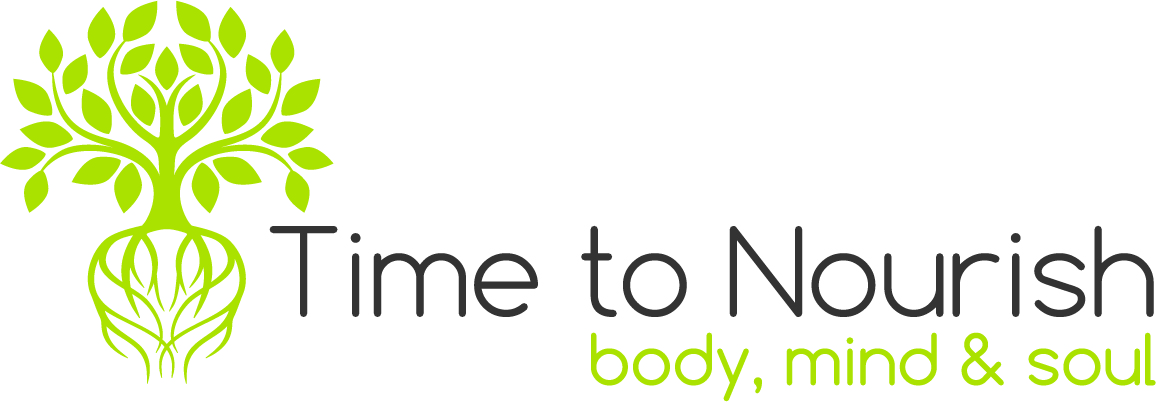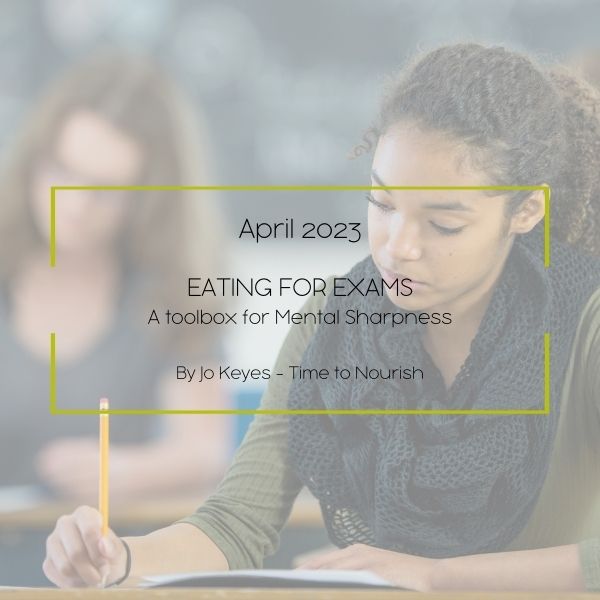A toolbox for mental sharpness
Many young people, including my own kids, have been revising hard and will continue to do so over the coming weeks as they sit GCSE’s, A Levels and other end of year exams. Are they supporting their bodies and minds in the best way through diet and lifestyle to make this often stressful time a little easier??? I’m guessing possibly not, if they are anything like mine, so here are a few pointers which may help fire up their brains, help them sleep and stay energised throughout the process.
What should they be eating?
Brain Boosting Food
If we provide the brain with the right nutrients, it will work more effectively and efficiently, increasing mental sharpness, memory, focus, learning and creativity ability. Brain food will help:
- Increase blood flow to the brain
- Support neurotransmitters
- Stimulate new brain cells
- Protect and repair existing brain cells
- Oily fish for omega 3s, especially DHA found in high concentration in the cerebral cortex which is responsible for memory, attention, creativity and language
- Avocados are high in monounsaturated fats required for fluidity of cell membranes and high in tyrosine, an amino acid precursor to dopamine associated with motivation and focus
- Walnuts which look like the brain, so it is no surprise that they are beneficial for their anti-oxidant and anti-inflammatory properties which studies have shown to improve cognition, memory and learning as well as anxiety.
- Eggs that provide the nutrient choline, the precursor of acetylcholine, the neurotransmitter most strongly associated with learning, memory and cognition in general.
- Berries & beetroot are rich in flavonoids, good for relaxing blood vessels and enhanced circulation to peripheries….brain!
- Dark chocolate is shown to improve neuroplasticity increasing gamma frequency in the cerebral cortex involved in memory and processing.
- Water… the brain is approximately 70% water. Studies suggest that even mild dehydration, such as the loss of just 1-3% of body weight can impair many aspects of brain function including memory, concentration and alertness.
- If you flood your bloodstream with fast releasing sugars the initial energetic high is soon followed by a crash as glucose is rapidly taken into cells due to the rush of insulin, leaving your blood sugar levels low leading to tiredness, irritability, grogginess and a downward mood spiral.
- The best approach for steady energy, mood and concentration is consuming a moderate amount of complex carbohydrates at each meal which also include high levels of protein and healthy fats.
- B vitamins are important for energy production and have far reaching functions throughout the body but especially in the brain including supporting memory and learning and the conversion of tryptophan into serotonin and the production of GABA, both important for sleep and reducing anxiety.
- The best sources of B vitamins include beans and pulses, especially lentils, meat, fish, eggs and greens.



